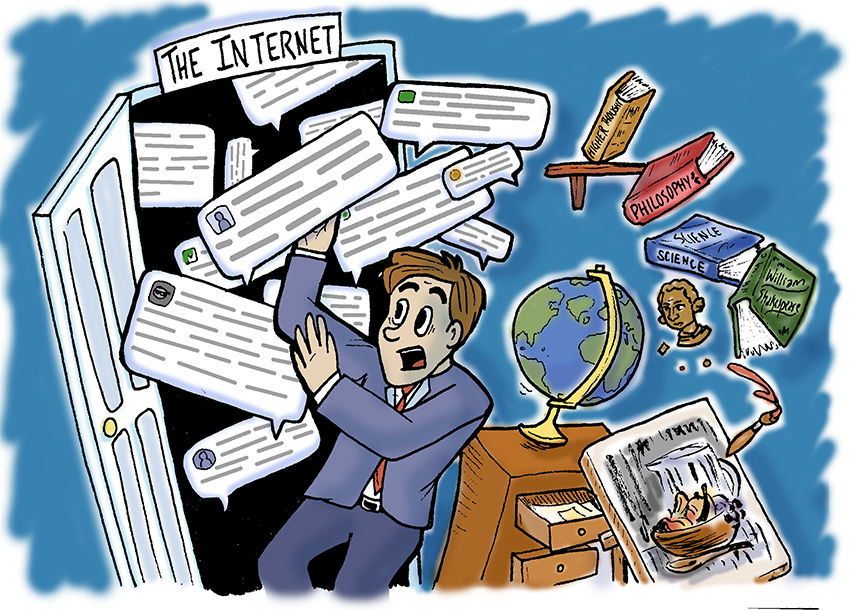Global internet traffic is expected to grow a whopping 6600% from 2005 and 2019. By the end of that period, you will need 5 million years just to watch all the videos uploaded each month. Despite this tremendous growth, the internet is stagnating.
The deluge of digital content we consume every day has turned us into repost machines. Our penchant for sharing articles, polls, videos, songs, GIFs and memes gives the authors of such content significant influence over us — and the agendas of content producers are not always benevolent.
The rise of traffic analytics and search engine optimization shifted content producers’ focus from creating meaningful content to manufacturing profitable content. For amateur bloggers and media titans alike, traffic metrics like click-through rate, interactions-per-visit and cost-per-conversion have replaced substance and quality at the bottom line.
Subtle factors can mean the difference between becoming the next digital trend or another forgotten URL. The internet is an extreme place where content fights in a winner-take-all war for our attention. The slim few that win “go viral,” while the vast majority die quietly in the background.
The end result is a frightening homogeneity. Many websites look and feel identical because designers emulate the successful sites they see online. Musicians mimic the sounds and production techniques of famous artists they hear online. Videographers format their videos like the clips they view online.
Cultural dilution is the price we pay for boundless access to digital content. Local and regional idiosyncrasies are marginalized by global trends because originality is hard to maintain when web success seems to follow such a strict a format.
The web has lowered the barriers to entry for many content producers, but content consumers haven’t established a clear way to sort or value the flood of new content. Our primary tool for navigating the web, search engines, only directs us where others have previously gone.
Our fondness of reposting, the agendas in our content and the web’s culture of genericism are creating a swell of insignificant digital experiences that drown out the internet’s creative and collaborative potential. But as witnesses of and participants in the evolution of the web, we have the ability to improve it with each use. Think about how you use social media and consume digital content. Stay true to your history and culture. And most importantly, don’t worry if you don’t have all the answers yet — that’s what Google is for.
Schmidt is a physics and aerospace engineering sophomore from Austin. Follow him on Twitter @heyjakers.





















